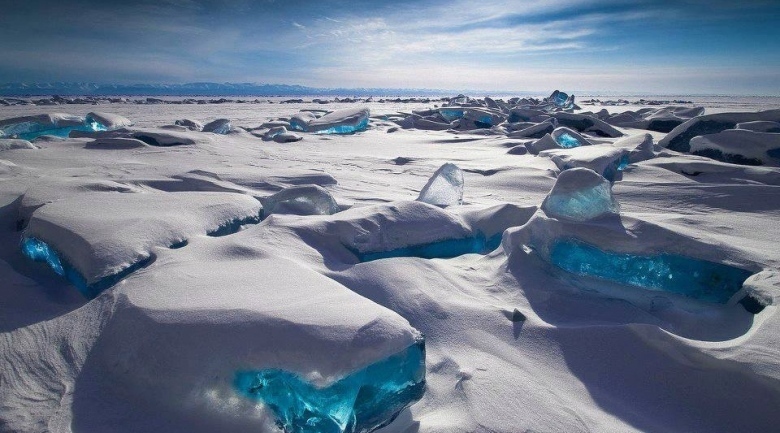
The Greenland ice sheet is the largest terrestrial ice mass in the northern hemisphere. Radford draws attention to a study by Shfaqat Khan from the Technical University of Denmark, which indicates that the ice sheet could be melting faster than previously thought. This would mean Greenland’s impact on sea level rise has is underestimated, and oceanographers need to rethink their projections.
The scientists used more than 30 years of surface elevation measurements of the entire ice sheet to discover that overall loss is accelerating. Previous studies had identified melting of glaciers in the island’s southeast and northwest, but the assumption had been that the ice sheet to the north-east was stable, Radford writes:
“It was stable, at least until about 2003. Then higher air temperatures set up the process of so-called dynamic thinning. Ice sheets melt every Arctic summer, under the impact of extended sunshine, but the slush on the glaciers tends to freeze again with the return of the cold and the dark, and since under historic conditions glaciers move at the proverbial glacial pace, the loss of ice is normally very slow.”
But with global warming, Greenland’s southerly glaciers have been in retreat and one of them, Jakobshavn Isbrae or Sermeq Kujalleq, is now flowing four times faster than it did in 1997.
The new research by the Danish-led team considers changes linked to the 370-mile-long Zachariae ice stream in the northeast, using satellite measurements. It has retreated by some 12 miles in the last decade, whereas Sermeq Kujalleq has retreated about 22 miles in 150 years.
The Zachariae stream drains around one-sixth of the Greenland ice sheet, and because warmer summers have meant significantly less sea ice in recent years, icebergs have more easily broken off and floated away, which means that the ice stream can move faster. “Northeast Greenland is very cold.
It used to be considered the last stable part of the Greenland ice sheet,” said one of the team, Michael Bevis of Ohio State University, in an interview with the Climate News Network.
